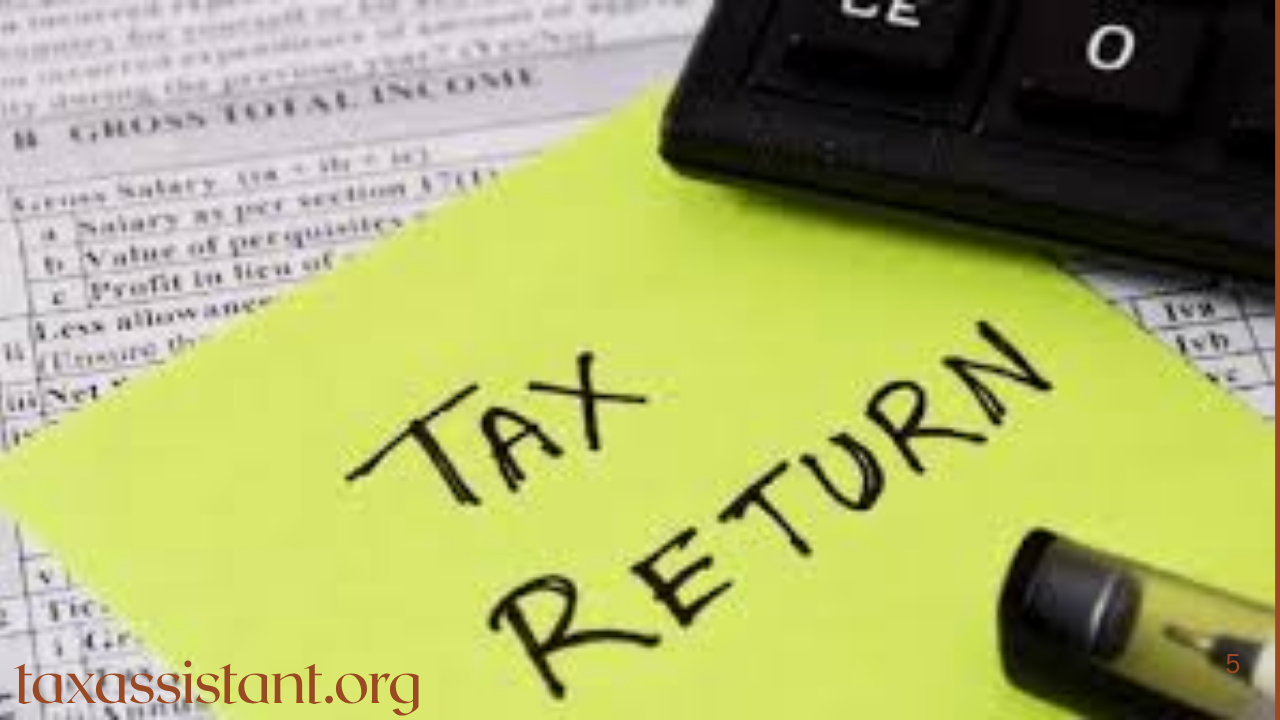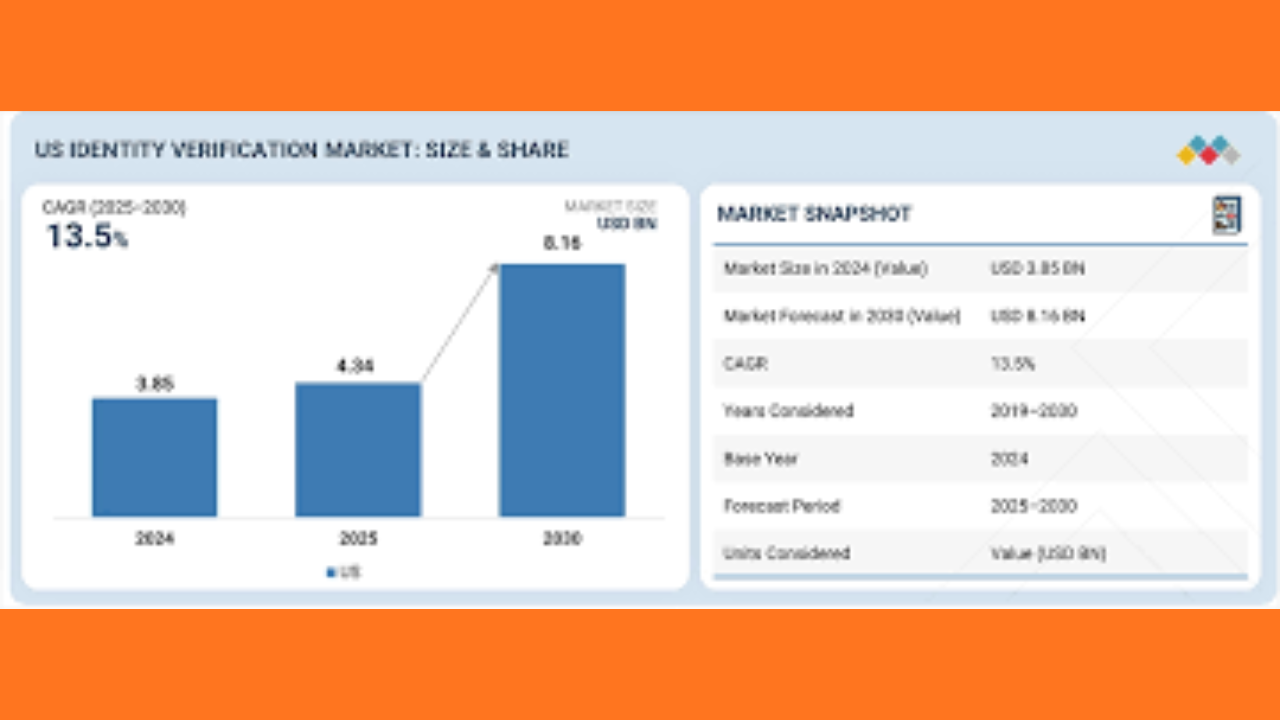ITR Filing 2025: Can You Switch Your Tax Regime? Here’s What You Need to Know
Thank you for reading this post, don't forget to subscribe!Tax season is in full swing, and with over 12 lakh Income Tax Returns (ITRs) already filed, many salaried individuals are eagerly awaiting their Form 16s to finalize their taxes. A common question on everyone’s mind is: “Can I change my tax regime when I file my ITR?”
The short answer is yes, you generally can, but your flexibility depends on your source of income and how you’ve planned your finances for the financial year.
Switching Tax Regimes: Who Can Do What?
The Indian tax system offers two regimes: the old regime (with various deductions and exemptions) and the new regime (with lower tax rates but fewer deductions). Here’s how switching works:
- For Salaried Individuals (No Business/Professional Income): If your income is primarily from salary, you have the most flexibility. You can switch between the old and new tax regimes every single year when you file your ITR.
- How to do it: When you’re filling out ITR-1 or ITR-2, you’ll see a clear question asking if you want to opt out of the new tax regime (under Section 115BAC(6)). Say “Yes” to choose the old regime, or “No” to stick with the new one.
- Important: Even if your employer deducted TDS based on one regime, you’re free to choose the other when you file your final ITR. Your actual tax liability will be based on the regime you select in your return.
- For Individuals with Business or Professional Income: If you have income from a business or profession, your ability to switch is more restricted. You can only opt out of the new tax regime once in your lifetime. Once you choose to go back to the old regime, you can only switch to the new regime again if your business income stops.
- How to do it: To choose the old tax regime, you must file Form 10-IEA on or before the ITR due date (September 15, 2025, for most individuals, unless an audit is required). Miss this deadline, and you’ll be locked into the default new tax regime for that year.
A crucial point for everyone: The decision to choose your tax regime must be made before the due date for filing your original ITR. If you file a belated return (after the deadline), you’ll only be able to file under the default new tax regime.
ITR Filing Deadlines for FY 2024-25 (AY 2025-26)
Make sure you mark your calendars!
- For most Individuals/HUFs/AOPs/BOIs (who don’t need an audit): The due date is September 15, 2025.
- For Businesses requiring an audit: The due date is October 31, 2025.
- For Businesses with international or specified domestic transactions: The due date is November 30, 2025.
- Belated or Revised Returns: The final deadline is December 31, 2025.
New Regime vs. Old Regime: Which One is Right for You?
The new tax regime, which became the default from FY 22023-24, aims to simplify taxes with lower rates but fewer deductions. The old regime allows you to claim various exemptions and deductions to reduce your taxable income.
Here’s a quick comparison to help you decide:
| Feature | Old Tax Regime | New Tax Regime (Default from FY 2023-24) |
|---|---|---|
| Basic Exemption Limit | Varies by age (₹2.5 lakh, ₹3 lakh, ₹5 lakh) | ₹3 lakh for all individuals |
| Tax Slabs | Higher tax rates with fewer slabs | Lower tax rates with more slabs |
| Deductions & Exemptions | Allowed: HRA, LTA, Section 80C investments (PPF, ELSS, LIC, Home Loan Principal), 80D (Health Insurance), 80E (Education Loan Interest), Section 24(b) (Home Loan Interest), Standard Deduction (₹50,000), etc. | Mostly NOT Allowed. Only Standard Deduction (₹50,000) for salaried employees and family pension, and employer’s NPS contribution (80CCD(2)) are allowed. |
| Tax Planning | Requires active planning through strategic investments and expenses. | Simpler, as fewer deductions mean less paperwork and tracking. |
| Rebate u/s 87A | Tax rebate of ₹12,500 for income up to ₹5 lakh. | Tax rebate for income up to ₹7 lakh (effectively zero tax up to ₹7 lakh). |
Export to Sheets
So, Which Regime Should You Choose?
- Opt for the Old Tax Regime if: You make significant investments in tax-saving instruments, pay substantial home loan interest, have health insurance premiums, or regularly claim HRA/LTA. If you’re disciplined with your investments, the old regime can often lead to a lower tax bill.
- Consider the New Tax Regime if: You prefer a simpler tax structure with fewer deductions, don’t have many tax-saving investments, or your income is around the ₹7 lakh mark (due to the effective zero tax benefit). It’s also a good option for young professionals just starting out with minimal liabilities.
Our best advice? Don’t guess! Use an online tax calculator to compare your tax liability under both regimes before you file your ITR. This will help you make an informed decision and ensure you’re paying the minimum amount of tax legally possible.
Still have questions about which regime is best for your specific situation?

















